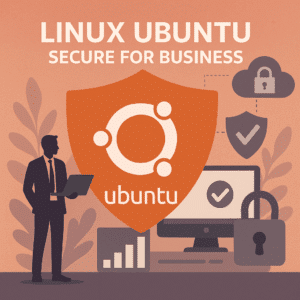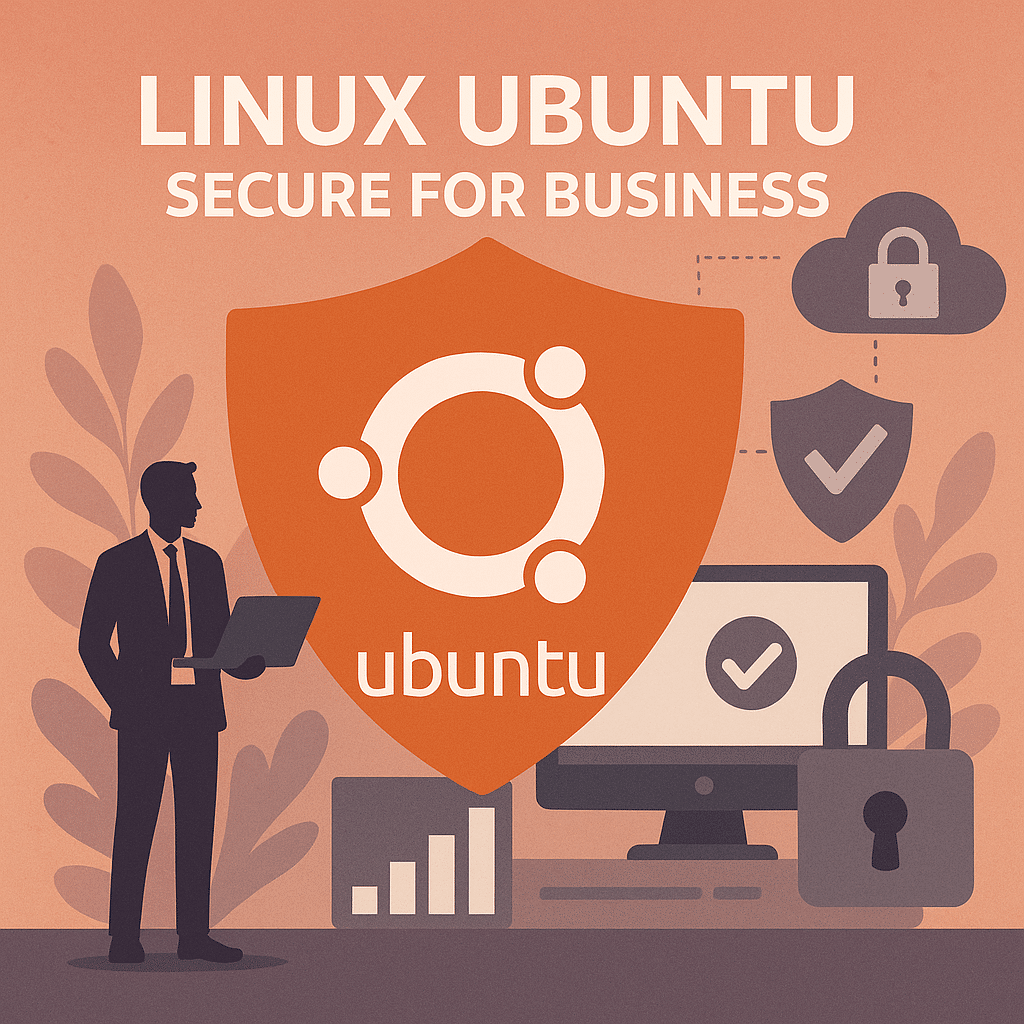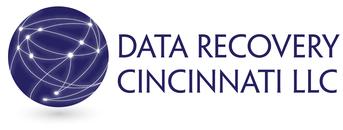
Table of Contents
- Introduction to Linux Ubuntu
- Open Source Advantage for Business
- Ubuntu Security Architecture
- Real-World Use Cases of Ubuntu in Business
- Compliance and Certifications
- Deployment and Management Tools
- Cost Efficiency and ROI
- Community Support and Canonical Services
- Conclusion
-
Introduction to Linux Ubuntu
Linux Ubuntu, developed by Canonical Ltd., is a Debian-based Linux distribution renowned for its ease of use, robustness, and security. Initially launched in 2004, Ubuntu has evolved into a versatile operating system suitable for desktops, servers, IoT devices, and cloud infrastructures. With Long-Term Support (LTS) releases offering 5 years of maintenance, Ubuntu is a reliable platform for businesses seeking stability, scalability, and cost efficiency.
Ubuntu is available in several official flavors:
- Ubuntu Desktop: For workstations and general user environments
- Ubuntu Server: Optimized for server environments
- Ubuntu Core: Minimal version for embedded and IoT applications
- Ubuntu Cloud: Designed for integration with cloud providers like AWS, Azure, and GCP
- Open Source Advantage for Business
- Ubuntu, like all Linux distributions, is open source. This provides a significant advantage for businesses:
- Transparency: Organizations can inspect source code for vulnerabilities and customize functionality as needed.
- Auditability: Easy code auditing allows businesses to ensure compliance with security and privacy policies.
- Vendor Independence: No lock-in with proprietary software vendors. Companies can modify, redistribute, or adapt Ubuntu to fit their workflows.
- Flexibility: The OS can be trimmed down or expanded based on enterprise requirements, from minimal installs for IoT to fully featured desktop environments.
- Rapid Innovation: Leveraging contributions from a vast global developer community, Ubuntu evolves quickly with up-to-date features and tools.
-
Ubuntu Security Architecture
Ubuntu is known for its built-in, layered security model. Key security features include:
- AppArmor
Ubuntu implements AppArmor, a Linux Security Module (LSM) that confines individual programs to a set of resources. It’s easier to configure than SELinux and is fully integrated with Ubuntu.
- Secure Boot
Ubuntu supports Secure Boot, ensuring that only signed and verified code runs during system boot.
- Automatic Security Updates
Critical security updates are pushed regularly and can be configured for unattended upgrades, reducing administrative burden.
- Full Disk Encryption (FDE)
Ubuntu supports LUKS-based disk encryption out of the box, ensuring data remains protected at rest.
- Encrypted Home Directories
Available as an option during installation, this encrypts user data to protect against local attacks.
- Firewall and Network Hardening
Ubuntu uses UFW (Uncomplicated Firewall), making it easy for administrators to define strict traffic rules. Additional tools like iptables and nftables are also available.
- Kernel Hardening
Ubuntu includes Stack Smashing Protection, Address Space Layout Randomization (ASLR), and Control Flow Integrity (CFI) in its default kernel builds.
- LTS Kernel and ESM (Extended Security Maintenance)
Canonical offers Extended Security Maintenance for legacy systems, providing up to 10 years of patching support.
4. Real-World Use Cases of Ubuntu in Business
- Financial Sector
Many banks and fintech companies use Ubuntu for secure transaction processing, core banking applications, and private cloud operations.
- Healthcare
Ubuntu powers electronic medical records (EMRs), PACS systems, and telehealth infrastructure with HIPAA-compliant configurations.
- Manufacturing and IoT
Ubuntu Core is optimized for industrial-grade embedded systems, such as robotics and control panels.
- Enterprise DevOps
Firms leverage Linux Ubuntu in DevOps pipelines, using containers (Docker, Podman) and orchestration tools (Kubernetes, Juju).
- Education and Research
Universities prefer Linux Ubuntu for running HPC clusters, research simulations, and secure testing environments.
- Compliance and Certifications
Ubuntu provides several paths to compliance:
- FIPS 140-2 certified cryptographic modules
- CIS (Center for Internet Security) Benchmarks
- HIPAA, PCI-DSS, and GDPR compliant configurations
- Certified cloud images for AWS, Azure, Google Cloud
- Canonical also partners with major security vendors and testing labs to ensure compatibility and validation with enterprise security standards.
6. Deployment and Management Tools
Ubuntu can be deployed and managed using a variety of enterprise-grade tools:
- MAAS (Metal as a Service): Automate physical server provisioning
- Juju: Orchestration tool for deploying complex service stacks
- Landscape: Canonical’s systems management tool for patching, monitoring, and inventory
- Ansible/Puppet/Chef: Open-source automation frameworks fully compatible with Ubuntu
- Canonical Livepatch: Kernel patching without rebooting, critical for high-availability systems
7. Cost Efficiency and ROI
Businesses adopting Ubuntu benefit from:
- Zero Licensing Fees: Unlike proprietary OSes, Ubuntu has no per-seat or per-core charges
- Lower TCO (Total Cost of Ownership): Reduced costs on software, antivirus, and downtime
- Flexible Support Options: Canonical offers 24/7 SLAs, while businesses can also use community support
- Efficient Resource Usage: Ubuntu runs efficiently on older hardware and uses fewer system resources, maximizing hardware lifespan
8. Community Support and Canonical Services
Community
- Linux Ubuntu Forums
- AskUbuntu (Stack Exchange)
- IRC and Matrix Channels
- Official GitHub Projects
Canonical Support
- Enterprise-grade SLAs
- Dedicated support teams
- Access to Landscape, Livepatch, and ESM
- Custom consulting and migration support
Canonical also offers Ubuntu Pro, a subscription that includes:
- 10 years of security updates
- FIPS-certified modules
- Kernel Livepatch
- Compliance tooling
9. Conclusion
Linux Ubuntu is more than just an operating system—it’s a strategic platform for modern businesses. Its open-source foundation provides unmatched transparency and adaptability, while its robust security architecture ensures enterprise-grade protection. Coupled with cost efficiency, a vibrant support ecosystem, and a commitment to innovation, Ubuntu is the ideal choice for businesses seeking agility, security, and sustainability.
Whether deployed on servers, desktops, or the cloud, Ubuntu offers a scalable and future-ready solution. Businesses ready to embrace open source without compromising on professionalism or security should consider Ubuntu as a cornerstone of their IT strategy. For more information review https://ubuntu.com. If you happen to need professional linux data recovery please contact us at https://datarecoverycincinnati.com.

Telephone No.5133389756
